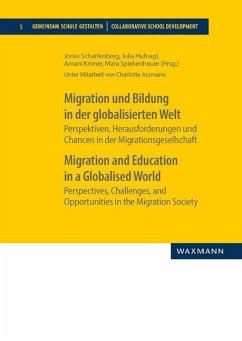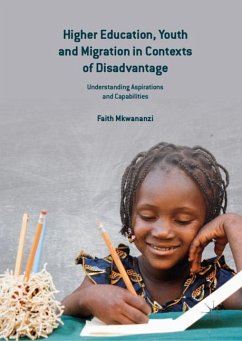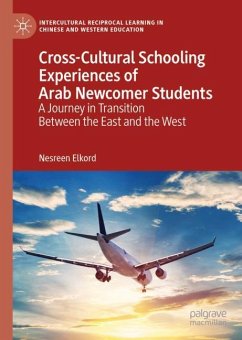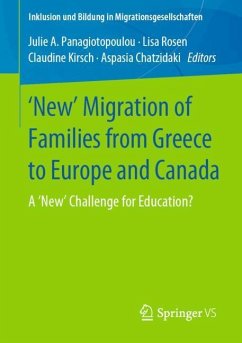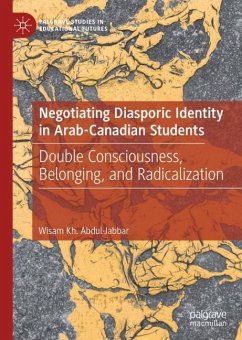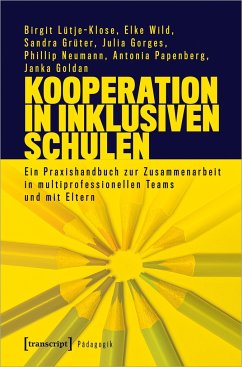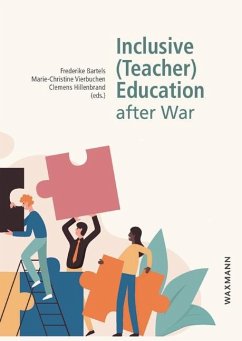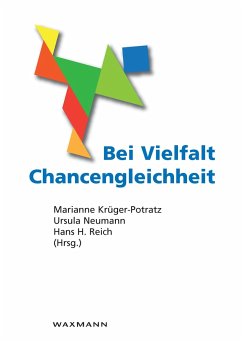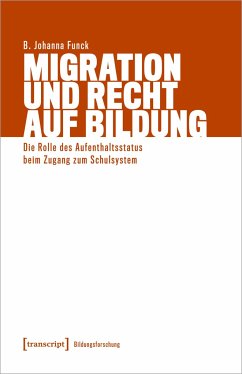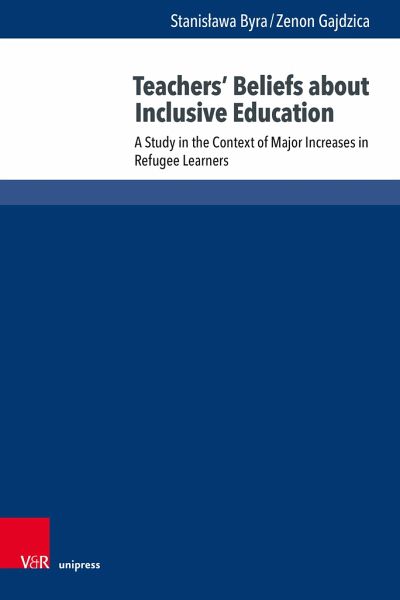
Teachers' Beliefs about Inclusive Education
A Study in the Context of Major Increases in Refugee Learners
Versandkostenfrei!
Sofort lieferbar
45,00 €
inkl. MwSt.

PAYBACK Punkte
0 °P sammeln!
The authors present the results of a longitudinal study of Polish teachers' opinions on selected assumptions and organizational solutions forming the basis of inclusive education before and after the arrival of many migrant students in connection with the war in Ukraine. The main aim of the research is to find out the opinions of Polish teachers working in mainstream schools and preschools on selected assumptions and organisational solutions underlying inclusive education and to examine these opinions in relation to selected demographic traits of teachers. An important aim is also to identify ...
The authors present the results of a longitudinal study of Polish teachers' opinions on selected assumptions and organizational solutions forming the basis of inclusive education before and after the arrival of many migrant students in connection with the war in Ukraine. The main aim of the research is to find out the opinions of Polish teachers working in mainstream schools and preschools on selected assumptions and organisational solutions underlying inclusive education and to examine these opinions in relation to selected demographic traits of teachers. An important aim is also to identify the opinions studied in a temporal perspective, which will make it possible to capture the changes in the acceptance of selected theoretical and organisational assumptions underlying inclusive education. The research was conducted on a group of Polish teachers, but the findings can be applied to other countries.



